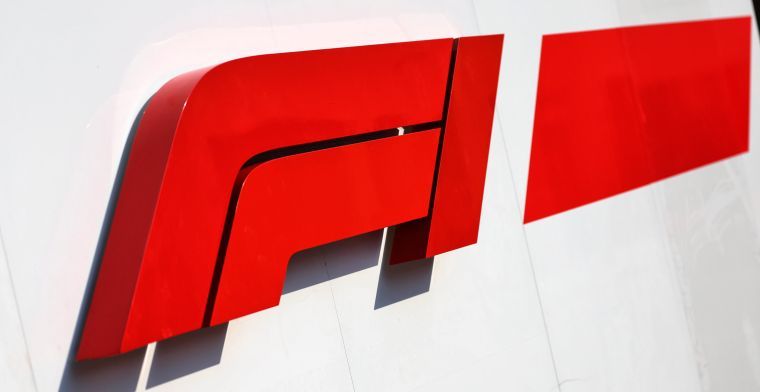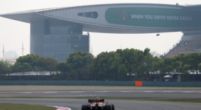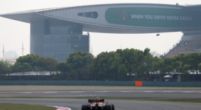Interview

'If someone wants to pay 20 billion, F1 is apparently worth it'
The value of Formula 1 is growing at lightning speed. In late 2016, Liberty Media bought F1 for $4.6 billion. Meanwhile, Saudi Arabia wants to buy Formula 1 through a sovereign wealth fund for reportedly $20 billion. "Arabs are very proud people. Once they set their sights on F1, they don't let go easily," said Frank van den Wall Bake, one of the Netherlands' leading sports marketers about a possible takeover.
A Grand Prix and an ePrix Saudi Arabia already has happened and within a few years the country also wants to host the Olympics and the Football World Cup. If it is up to Crown Prince Mohammad bin Salman, it certainly won't stop there. A $20 billion bid to buy the rights to Formula 1 from Liberty Media was reportedly rejected in late 2022.
Hundreds of billions
"Saudi Arabia and all other Middle Eastern countries are very focused on sports," says Van den Wall Bake, who has coached Ajax, the Dutch national team and the Volvo Ocean Race, among others. He is also a big fan of Formula 1. "With sports, they want to put themselves more emphatically on the map in terms of prestige and for further attracting tourism. There is of course a bottomless pit of money, with which the Public Investment Fund was set up. There seem to be several hundred billions in it. Twenty billion can easily make that fund suffer."
He continued: "Whether it is a just and real value of the F1 circus, that is coloured somewhat by that huge drive (to raise its profile). On the other hand, it is about a market mechanism, supply and demand. If someone in the world is willing to pay $20 billion for it, so it is apparently worth $20 billion."
Perhaps a higher bid?
In any case, the bid was rejected, it became clear in recent days. Whether that means a takeover is definitely off the table remains to be seen in the coming time. "It could be a matter of saying 'no' first, because then they might come up with an even higher bid. Also remember: the teams may have no real say in the whole circus, but they are definitely being listened to. The teams see this (sales) as an additional source of revenue, because then prize money can be increased. No doubt the teams are saying that the dialogue must continue."
Anyway, the Saudi Arabians are not known for dropping out in the face of adversity, Van den Wall Bake believes. "Having lived in the Middle East for a while myself, I know the Arabs a bit. They are very proud people. Once they set their sights on F1, they don't let go easily. Unless Liberty Media says, 'No way, absolutely not, come back in five years, because we will be worth even more'."
Ideal starting position for Liberty Media
Van den Wall Bake has also seen Formula 1's global growth spurt. By the year, the popularity and, as a result, the value of the sport is increasing. The end is not yet in sight. "Especially with probably a new American team joining, the chances of that are very high. Andretti and General Motors are not the first in line. For Liberty, that is ideal. There is still staggering growth in it, so it is quite possible that the owner will think: 'From almost five billion to 20 billion is wonderful.' But if we wait a few years, it might be worth fifty billion'."
A thorny issue in a takeover by a Saudi sovereign wealth fund could be the human rights situation in the country. "We all talk about human rights in those countries, and rightly so," says Van den Wall Bake. "On the other hand, it is the dough that ultimately prevails. Certainly the teams will put pressure on Liberty. Bought for five billion and they are now offering 20 billion, that's something that can't be ignored."
"In the end, they are going to bring it very carefully. That they are going to make agreements, that there will be measures from the government regarding human rights and so on. All the fine words are written down in a very clever way in a press release. The abuses in such countries are not going to be the bottleneck. The issue is whether they want to sell right now and, if so, at what price? Or will they wait a few more years in which Formula 1 will be worth even more?"



















































